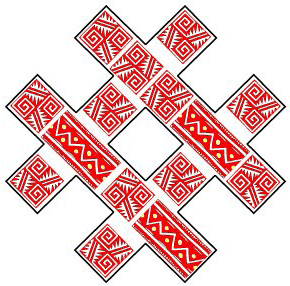EMRIP11: Statement of Kapaeeng Foundation representative on Agenda Item 4: Study and advice on free, prior and informed consent
The 11th session of the Expert Mechanism on the Rights of Indigenous Peoples9-13 July 2018Statement by: Shohel Chandra Hajang,Kapaeeng Foundation, Bangladesh, shohelchandra@gmail.comAgenda Item 4: Study and advice on free, prior and informed consent
Thank you Mr. Chair.
My name is Shohel Chandra Hajang and I belong to Hajong community from plain land of Bangladesh. I wish to express my gratitude to Voluntary Fund for allowing me to participate in this session.
Land is crucial for indigenous peoples to survive. They have a legacy of rich and diverse cultures that have been shaped out of their profound spiritual relationship with land and natural resources. But unfortunately, Indigenous peoples of Bangladesh continue to be dispossessed of their ancestral land by state and non-state actors.
In 2017 around 20,000 acres of lands belonging to indigenous peoples were brought under the process of acquisition, mostly for the establishment of special zones, tourism complexes, business establishments and creation of new reserve forest. Most of the lands have been grabbed or processed to grab without meaningful free, prior and informed consent of local indigenous peoples.
We appreciated, the government of Bangladesh pledges in the 7th Five Year Plan, as the Government will consider implementing the UN Declaration on the Rights of Indigenous Peoples 2007 and ratifying the ILO Convention 169. But, the Government has neither ratified the ILO Convention No. 169 nor undertaken any material steps for implementation of the UNDRIP as yet.
I would like to request to the Expert Mechanism on the Rights of Indigenous Peoples to encourage the government of Bangladesh on the following issues:
1. To end forced eviction of indigenous peoples from their ancestral lands and any form of land confiscation in the name of reserved forest, camps of security forces, national/eco-parks, tourism complexes, development projects and government establishments on their ancestral lands without meaningful free, prior and informed consent of local indigenous peoples.
2. To set up a separate Land Commission for the indigenous peoples in the plain lands of Bangladesh.
3. To implement the Chittagong Hill Tracts Accord fully making the CHT Land commission full functional.
4. Endorse the United Nations Declarations on the Rights of Indigenous Peoples and ratify the ILO Convention on Indigenous and Tribal Peoples, 1989 (No. 169).
Thank you Mr Chair.
Click here SC_HAJANG-Kapaeeng-The-11th-session-of-the-Expert-Mechanism-on-the-Rights-of-Indigenous-Peoples-9-July to download full statement.


